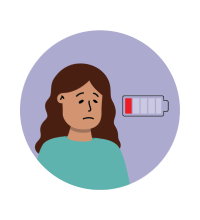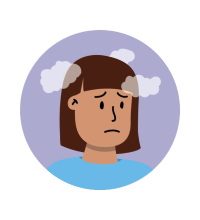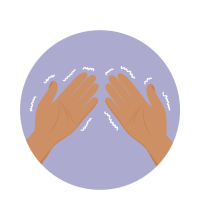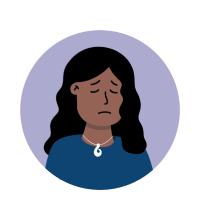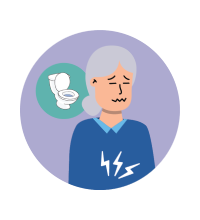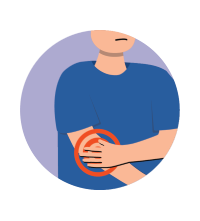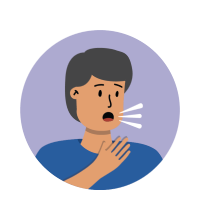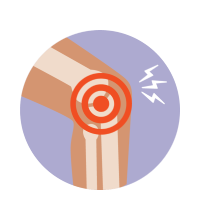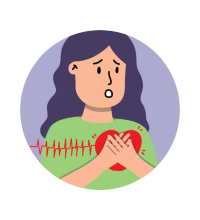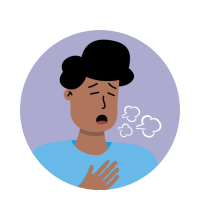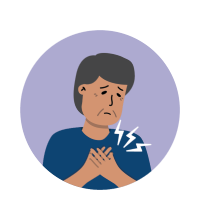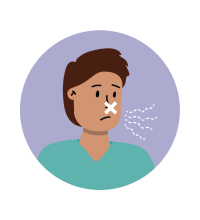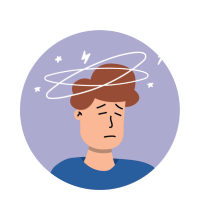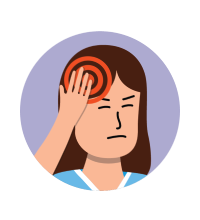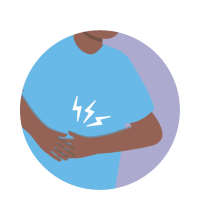This content has been developed by Te Whatu Ora - Waitematā to provide information for adults experiencing Long COVID and those supporting them. For information specific to children experiencing Long COVID please talk to a general practitioner (GP).
Download a full copy of our Long COVID information
What is Long COVID?
Most people with COVID-19 recover and return to normal health after around 2–6 weeks but for others it may take up to 12 weeks before they feel like they are back to full health. There are some people who continue to experience symptoms longer than 12 weeks – for these people symptoms may change or new symptoms may develop.
Long COVID is the name given to the symptoms people have after at least 12 weeks since having COVID-19. You might also hear it called by other names such as post-COVID syndrome, long-haul COVID, or post-acute COVID syndrome (PACS). Long COVID is a new condition and therefore we are still learning about it and doing our best to update information as it comes available. Overseas it is estimated that up to one in five people who get COVID will go on to experience Long COVID.
There is still no internationally accepted definition but the World Health Organisation has developed the following definition:
“Post COVID-19 condition occurs in individuals with a history of probable or confirmed SARS-CoV-2 infection, usually 3 months from the onset of COVID-19 with symptoms that last for at least 2 months and cannot be explained by an alternative diagnosis.
Common symptoms include fatigue, shortness of breath, cognitive dysfunction but also others which generally have an impact on everyday functioning.
Symptoms may be new onset, following initial recovery from an acute COVID-19 episode, or persist from the initial illness. Symptoms may also fluctuate or relapse over time. A separate definition may be applicable for children.”





